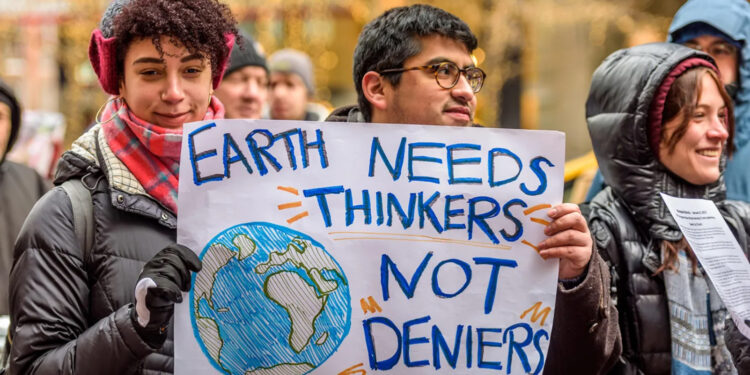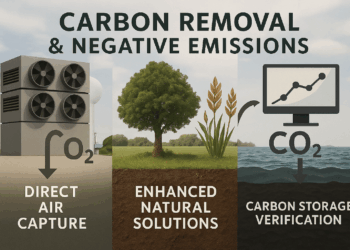In an era when climate change is one of the most pressing global challenges, the denial or dismissal of scientific consensus by influential celebrities can have far-reaching consequences. Figures like Marjorie Taylor Greene, who has mocked the Green New Deal and dismissed climate action, have used their platforms to question the reality of human-driven climate change. While Greene is entitled to her opinions, her public skepticism contradicts overwhelming scientific evidence and undermines efforts to address a crisis that affects billions. This essay challenges such claims with concrete data, emphasizing the urgency of embracing science-based solutions.
The Overwhelming Scientific Consensus
The scientific consensus on climate change is unequivocal: human activities, particularly the burning of fossil fuels, are the primary drivers of global warming. According to NASA and the Intergovernmental Panel on Climate Change (IPCC), global temperatures have risen by approximately 1.1°C since the late 19th century, with most of the warming occurring in the past 40 years. This rapid change correlates with the unprecedented increase in atmospheric carbon dioxide (CO₂) levels, which have surged from 280 parts per million (ppm) in pre-industrial times to over 420 ppm today.
Despite this robust evidence, celebrities like Meat Loaf have dismissed climate science as “hysteria,” claiming that natural climate variability is the true cause of observed changes. However, natural factors such as solar cycles and volcanic activity cannot explain the current rate of warming. Studies published in Nature and other peer-reviewed journals confirm that human activities account for more than 95% of observed temperature increases since 1950.
Refuting Misinformation with Data
Another common argument from climate skeptics, echoed by figures like Ted Nugent, is that climate models are unreliable and exaggerate future warming. Yet historical evidence strongly supports the accuracy of these models. For instance, James Hansen’s 1988 climate predictions have closely matched actual temperature trends, validating the scientific methodologies used.
Additionally, skeptics often dismiss the urgency of climate action by pointing to cold weather events as evidence against global warming. This argument, frequently made by some political figures ignores the distinction between weather and climate. Climate refers to long-term patterns, while weather represents short-term fluctuations. A warming planet does not preclude occasional cold spells but instead leads to more extreme and unpredictable weather patterns overall, as confirmed by NOAA.
The Real-World Impacts of Climate Change
The consequences of ignoring climate science are dire and already evident. In 2023, wildfires devastated parts of Canada and Hawaii, while record-breaking heatwaves in Europe caused thousands of deaths. These events are consistent with scientific predictions about the intensification of extreme weather due to climate change. Moreover, rising sea levels threaten coastal cities worldwide, with countries like Bangladesh and island nations such as the Maldives facing existential risks.
The Role of Celebrities in Shaping Public Opinion
Celebrities wield immense influence over public opinion, making their statements on climate change particularly impactful. When individuals like Meat Loaf or Ted Nugent spread misinformation, they not only mislead their audiences but also contribute to public apathy. Conversely, environmentally conscious celebrities like Leonardo DiCaprio and Jane Fonda demonstrate how prominent figures can use their platforms and influence to advocate for science-based solutions and inspire action.
Conclusion
The denial of climate science by celebrities contradicts overwhelming evidence and hinders global efforts to combat a crisis with far-reaching implications. By relying on rigorous scientific research and embracing solutions like renewable energy and international cooperation, society can address the challenges of climate change. Celebrities, as influential voices, have a responsibility to promote truth and advocate for a sustainable future rather than perpetuating myths. The stakes are too high to allow misinformation to dictate the narrative.








